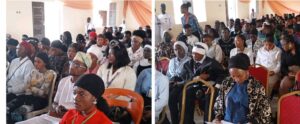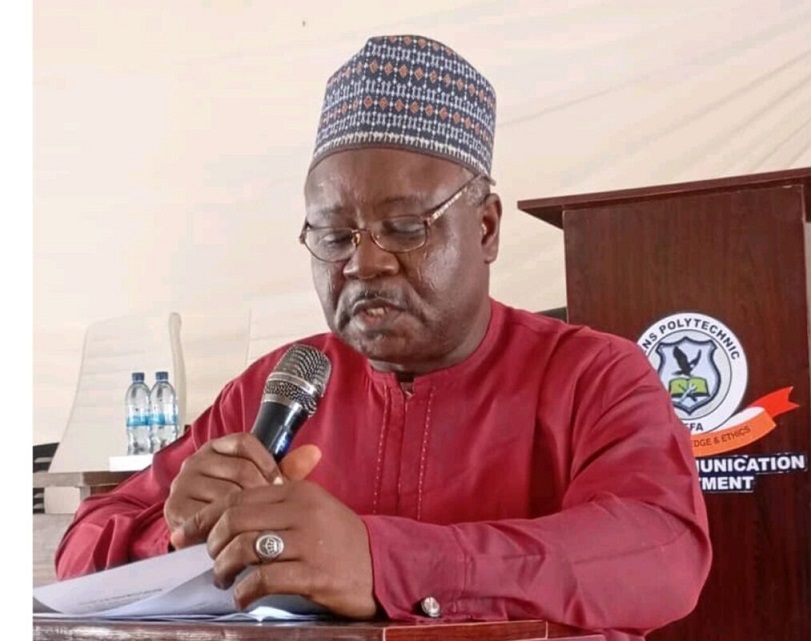KWASU don stimulates Nigerian journalists to investigate nation’s recurrent challenges
Investigative journalists In Nigerian have been charged with the critical responsibility of unraveling the complex web of corruption, insecurity, and governance failures that continue to plague the country for decades.
Speaking at a training session organised by the Nigerian Guild of Investigative Journalists (NGIJ) on Saturday, September 13, 2025, Professor Isiaka Zubair Aliagan, Dean Faculty of Information and Communication Technology at Kwara State University, Malete, Nigeria, emphasised that routine reporting has proven inadequate in addressing the deep-rooted problems that have held the nation “by the jugular,” forcing citizens into perpetual fear and uncertainty.
His call comes amid growing concerns that organised criminal enterprises, including banditry, kidnapping, and cybercrime, operate with impunity due to alleged sponsorship from within government circles, security agencies, banking, and telecommunications sectors.
READ ALSO: KWASU appoints Prof Aliagan substantive Dean of ICT
Participants at the training were reminded of investigative journalism’s fundamental role as democracy’s watchdog, particularly in Nigeria’s complex federal system where institutional oversight mechanisms remain weak or compromised by nepotism, economic hardship, and political interference.

Prof. Aliagan highlighted how investigative journalism serves multiple critical functions: monitoring government actions, setting public agendas by exposing hidden issues, providing citizens with information necessary for democratic participation, and giving voice to marginalised communities.
Journalism, he added, faces unprecedented challenges in contemporary Nigeria as economic pressures have forced many media organisations to prioritise commercially viable content over expensive investigative projects, adding that the security environment presents another major obstacle, with investigative journalists facing threats of violence, harassment, and intimidation from powerful subjects of their investigations.
He referenced recent arrests and detention of journalists under cybercrime charges which demonstrates how laws can be weaponised to silence critical reporting, while the psychological stress of operating under constant threat has deterred many from pursuing sensitive investigations involving influential figures.
He stressed that despite these challenges, digital platforms are revolutionising investigative journalism, offering new opportunities for independent investigative reporting.
He urged for collaborative networks among investigative journalism organisations, sustainable funding models independent of compromised sources, and enhanced legal protections for journalists, emphasising that the future of Nigeria’s democracy may depend on investigative journalists’ ability to expose the “forces of darkness” that have perpetuated decades of impunity, encouraging them to leverage digital tools and international partnerships to fulfill their crucial role in national development and democratic accountability.
SOURCE: NNI

